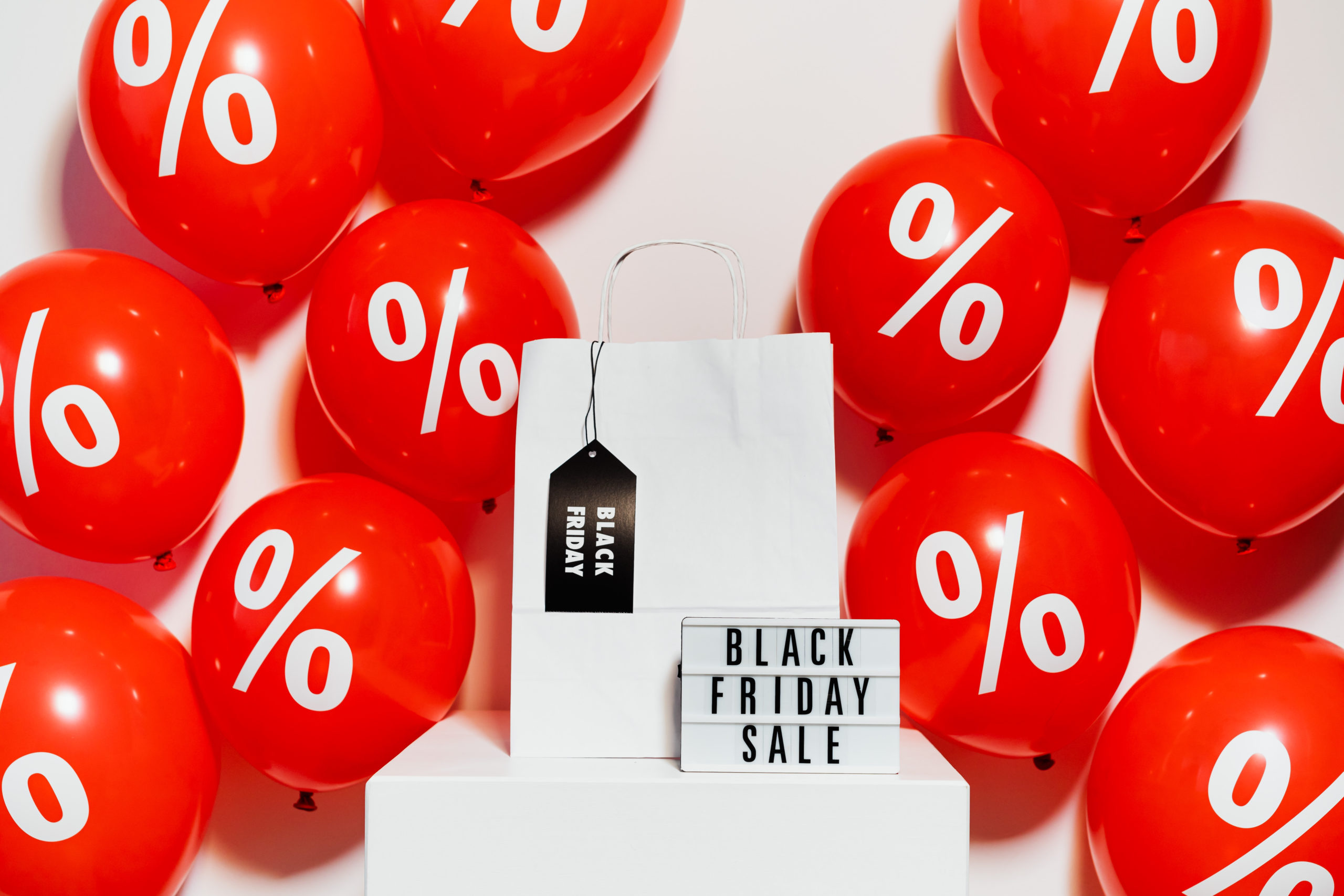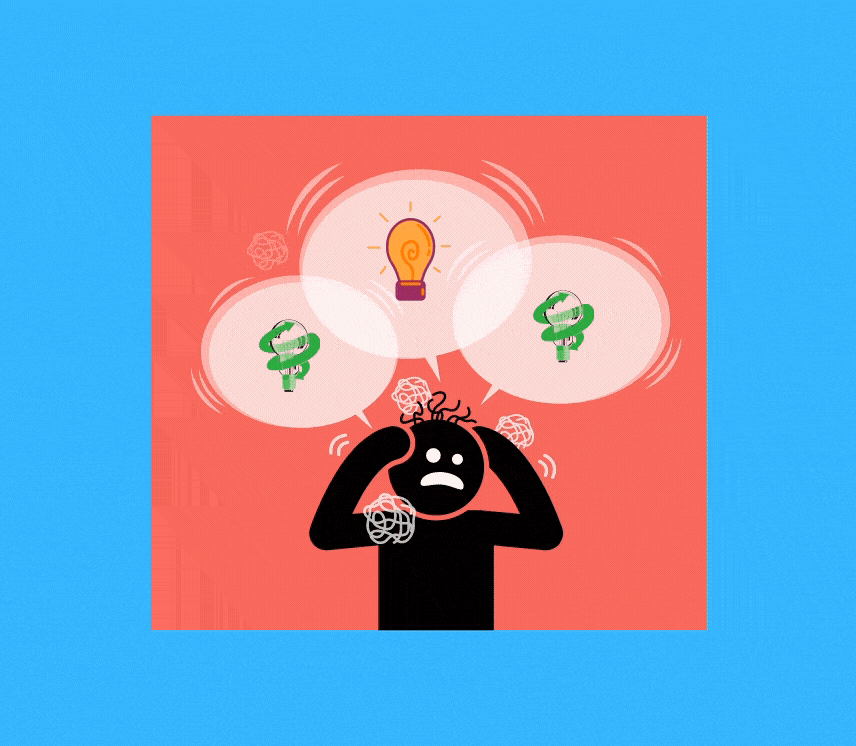|
|
Welcome to the ultimate guide on why Black Friday is terrible and the downsides of holiday shopping. Black Friday, traditionally the day following Thanksgiving, has become one of the year’s biggest shopping days. Shoppers eagerly anticipate this day for the exclusive deals and discounts many retailers offer. However, beneath the surface, Black Friday’s drawbacks and adverse effects are worth examining.
Key Takeaways
- Black Friday’s Origins: Black Friday originated as a term to describe chaos and traffic in Philadelphia in the 1960s but later became associated with the start of the holiday shopping season.
- The Perfect Storm of Consumerism: Black Friday’s popularity is fueled by a combination of a national holiday, exclusive sales, and the desire for the best deals, resulting in a shopping frenzy.
- Impact on Retailers: While it seems beneficial for retailers, Black Friday’s intense competition and heavy discounts can lead to financial losses and overcrowded stores.
- Drawbacks of Black Friday Sales: Shoppers often make impulsive and unnecessary purchases, experiencing buyer’s remorse later. The focus on materialism can overshadow the holiday spirit.
- Ethical Concerns: Black Friday can harm ethical brands as retailers prioritize low prices over fair labor practices and sustainability. Consumers should consider the impact of their choices on workers and the environment.
What is Black Friday?
What is the story behind Black Friday?
The story behind Black Friday dates back to the early 20th century. The term “Black Friday” was first used to describe the crash of the U.S. gold market in 1869. However, the time gained its current meaning in the 1960s, when Philadelphia police used it to describe the chaos and heavy traffic that occurred on the day after Thanksgiving. Retailers then adopted the term to refer to the day the holiday shopping season began.
Why is Black Friday such a big shopping day?

Timing After Thanksgiving: One of the primary reasons Black Friday garners immense attention is its strategic placement in the calendar. Falling immediately after Thanksgiving, a national holiday in the United States, makes it convenient for a significant portion of the population to participate in the shopping frenzy. This holiday timing allows shoppers to take advantage of the deals without the constraints of work commitments.
Exclusive Discounts and Doorbusters: Retailers contribute significantly to Black Friday’s prominence by offering substantial discounts and promotions, often called “doorbusters.” These deals are meticulously designed to be so attractive that they draw shoppers to stores in large numbers. The appeal lies in the potential for substantial savings, which creates a sense of excitement and urgency among consumers.
Start of the Holiday Season: Black Friday is the official kickoff to the holiday shopping season. Shoppers eagerly seek gifts for their loved ones, and retailers capitalize on this enthusiasm by providing enticing offers. The desire to secure presents for the upcoming holiday amplifies the shopping fervor, contributing to the event’s significance.
Marketing and Hype: Retailers strategically invest in advertising and marketing campaigns to promote their Black Friday sales. This extensive promotion generates consumer anticipation and excitement, effectively encouraging their participation. The weeks leading up to Black Friday are often marked by retailers releasing sneak peeks of their deals, generating buzz and heightening the anticipation.
How does Black Friday relate to Cyber Monday?

In-Store vs. Online: Black Friday and Cyber Monday are two closely related shopping events, each with its distinct focus. Black Friday primarily revolves around in-store sales, with shoppers physically visiting brick-and-mortar stores to take advantage of the deals. Long lines and crowded stores characterize this traditional approach.
Online Shopping: In contrast, Cyber Monday is centred around online shopping and takes place on the Monday following Thanksgiving. Known for its online deals and promotions, Cyber Monday attracts shoppers who prefer the convenience of shopping from the comfort of their homes. Online retailers offer significant discounts on this day, catering to a digital-savvy audience.
Complementary Shopping Events: Together, Black Friday and Cyber Monday create a four-day shopping extravaganza that marks the official commencement of the holiday shopping season. This extended shopping period caters to a diverse range of preferences. Some shoppers may venture out on Black Friday for in-store deals, while others may opt for the convenience of online shopping on Cyber Monday. These events complement each other and provide opportunities for consumers to save money both in-store and online.
The Downsides of Black Friday: Why Black Friday is Bad

Image Credit: Racked
What are the adverse effects of Black Friday on retailers?
- Intense Competition: Black Friday intensifies competition among retailers. They are under immense pressure to provide the most enticing deals to attract customers. As a result, some retailers may engage in price wars, offering products at such low prices that they barely break even or even suffer losses.
- Example: In 2014, Walmart announced significant price cuts on popular electronics like TVs and gaming consoles, which forced competitors like Best Buy and Target to match or exceed these discounts, impacting their profit margins.
- Overcrowded Stores: The massive influx of shoppers on Black Friday can lead to crowded stores. This overcrowding can create a chaotic and stressful shopping environment for employees and customers. Safety concerns and the need for crowd control measures add to the challenges.
- Additional Costs: Retailers often need to hire extra staff and extend store hours to accommodate the Black Friday rush. These operational costs, including overtime wages and security measures, can affect their profits.
What are the drawbacks of Black Friday sales?
- Impulsive Purchases: Focusing on discounts and low prices during Black Friday can lead to impulsive and unnecessary purchases. Shoppers may buy items they don’t need simply because they appear to be good deals.
- Buyer’s Remorse: The pressure to make quick purchasing decisions on Black Friday can result in buyer’s remorse once the day’s excitement fades. Shoppers may regret their purchases, realizing they made hasty choices.
- Materialism and Consumerism: Black Friday’s emphasis on materialism and consumerism can overshadow the true spirit of the holiday season, which is often about spending time with loved ones and showing gratitude.
How does Black Friday shopping impact ethical brands?
- Compromising Ethical Values:
- During Black Friday, many large retailers prioritize sales and profits above all else. To attract bargain-hungry shoppers, they may cut corners by sourcing products from factories with poor labor conditions or employing unsustainable manufacturing practices. This can lead to compromised ethical values.
- Example: In 2013, an investigation revealed that a major fashion retailer used sweatshops with subpar working conditions to produce its Black Friday sale items. This tarnished the brand’s reputation and raised concerns about its commitment to ethical practices.
- Additionally, some retailers may rush production to meet the high demand for Black Friday, potentially disregarding fair labor practices and safety standards to keep costs low.
- During Black Friday, many large retailers prioritize sales and profits above all else. To attract bargain-hungry shoppers, they may cut corners by sourcing products from factories with poor labor conditions or employing unsustainable manufacturing practices. This can lead to compromised ethical values.
- Struggle for Ethical Brands:
- Ethical brands that prioritize fair wages, sustainable materials, and responsible production may struggle to compete with the aggressive pricing strategies of larger retailers during Black Friday. The price pressure can be particularly challenging for smaller ethical brands with limited resources.
- Example: A small, locally-owned organic food store may find it challenging to match the Black Friday discounts offered by a large supermarket chain on similar products. This can affect the ethical brand’s ability to attract price-conscious consumers.
- Ethical brands often invest in sustainable practices that come at a higher cost. When they can’t match competitors’ low prices on Black Friday, they risk losing customers to cheaper alternatives.
- Ethical brands that prioritize fair wages, sustainable materials, and responsible production may struggle to compete with the aggressive pricing strategies of larger retailers during Black Friday. The price pressure can be particularly challenging for smaller ethical brands with limited resources.
- Consumer Awareness:
- As consumers become more conscious of ethical and sustainability issues, they may choose to avoid Black Friday altogether or seek out ethical alternatives. Ethical brands can use this awareness to their advantage by promoting their values during the holiday shopping season.
- Example: A growing number of consumers are now participating in “Green Friday” events promoting eco-friendly and ethical shopping choices during the Black Friday weekend. Ethical brands can actively participate in such initiatives to reach a more conscious consumer base.
- As consumers become more conscious of ethical and sustainability issues, they may choose to avoid Black Friday altogether or seek out ethical alternatives. Ethical brands can use this awareness to their advantage by promoting their values during the holiday shopping season.
The Future of Black Friday
What are the predictions for Black Friday in 2023?
Looking ahead to 2023, the future of Black Friday is uncertain. While the tradition of Black Friday is deeply ingrained in consumer culture, there are signs of change. Some consumers are becoming more conscious of the negative impacts associated with Black Friday and are opting to boycott the day altogether. In response, retailers offer more sustainable and socially responsible alternatives, such as deals supporting local businesses or charitable causes.
How can shoppers make the best of Black Friday?
There are ways to make the best of the day for those still interested in participating in Black Friday. Planning and creating a budget can help prevent overspending on unnecessary items. Researching deals and comparing prices in advance can ensure shoppers get the best value. Additionally, considering alternatives such as supporting small businesses or shopping secondhand can contribute to a more sustainable and mindful shopping experience.
Are there any alternatives to Black Friday shopping?
A growing movement against Black Friday has spurred the rise of alternatives to traditional holiday shopping. Some people embrace Buy Nothing Day, a counter-movement encouraging consumers to abstain from purchasing on Black Friday. Others opt for Small Business Saturday, a day dedicated to supporting local businesses. Additionally, online shopping has given rise to Cyber Monday and the convenience of shopping from the comfort of home.
Frequently Asked Questions
Black Friday is commonly used to refer to the Friday following Thanksgiving Day in the United States. It is regarded as the beginning of the Christmas shopping season and is known for its significant sales and discounts.
Black Friday is popular because it offers shoppers the opportunity to get the year’s best deals. Many retailers offer discounts on various products, attracting shoppers looking to save money on holiday shopping.
While many Black Friday deals can offer significant savings, it’s essential to know that not all sales are created equal. Some retailers may provide inflated prices before Black Friday to make the discounts seem more impressive. It’s crucial to compare prices and research to ensure you get a good deal.
Shopping on Black Friday can have several downsides. It is often associated with overcrowded stores, long lines, and aggressive shoppers. Additionally, the pressure to buy quickly and impulsively can lead to overspending and purchasing items that may not be necessary.
Absolutely! In recent years, online shopping has gained popularity on Black Friday. Many retailers offer their Black Friday deals in-store and online, allowing shoppers to take advantage of the sales from their homes.
The term “Black Friday” originated in the 1960s and was initially used to describe the heavy and disruptive pedestrian and vehicle traffic that would occur on the day after Thanksgiving. Over time, the term became associated with the massive sales and discounts offered by retailers during this period.
If you are concerned about the downsides of traditional Black Friday shopping, there are alternative ways to participate. Some people support smaller local businesses, shop from ethical brands, or even boycott Black Friday altogether in favour of a more sustainable and conscious approach to holiday shopping.
Here are a few tips to help you navigate Black Friday shopping: 1. Plan and list the items you want to purchase. 2. Research prices in advance to ensure you get a good deal. 3. Consider shopping online to avoid the crowds and long lines. 4. Use price comparison websites to compare prices across different retailers. 5. Set a budget and stick to it to avoid overspending. 6. Be cautious of doorbuster deals with limited quantities or time restrictions. 7. Stay safe while shopping by being aware of your surroundings and protecting your personal information. 8. Check the return policy before purchasing, as some retailers have specific return policies for Black Friday sales.
Planning and being strategic is essential to make the most of Black Friday. Start by identifying the items you need or want to purchase, research prices in advance, and compare deals across different retailers. Additionally, consider subscribing to newsletters or following the social media accounts of your favorite brands to stay updated on their Black Friday promotions and exclusive offers.
If Black Friday doesn’t align with your shopping preferences, alternative ways to save money during the holiday season exist. Consider shopping during other sale periods like Cyber Monday, looking for discounts throughout the year, or even participating in gift exchanges to reduce the overall cost of gift-giving.
Conclusion
In conclusion, exploring the various downsides of Black Friday has shed light on the negative aspects of this holiday shopping phenomenon. While it offers attractive deals and discounts, the consequences on consumers and retailers are significant. From the frenzied rush in stores to the environmental impact of mass consumption, Black Friday raises essential questions about our shopping habits and values.
However, understanding these downsides allows consumers to make more informed choices during the holiday season. Whether opting for sustainable alternatives, supporting local businesses, or practicing mindful consumption, we can mitigate the adverse effects of Black Friday. As we evolve our approach to holiday shopping, we can strive for a more balanced and responsible way of celebrating this festive season.












